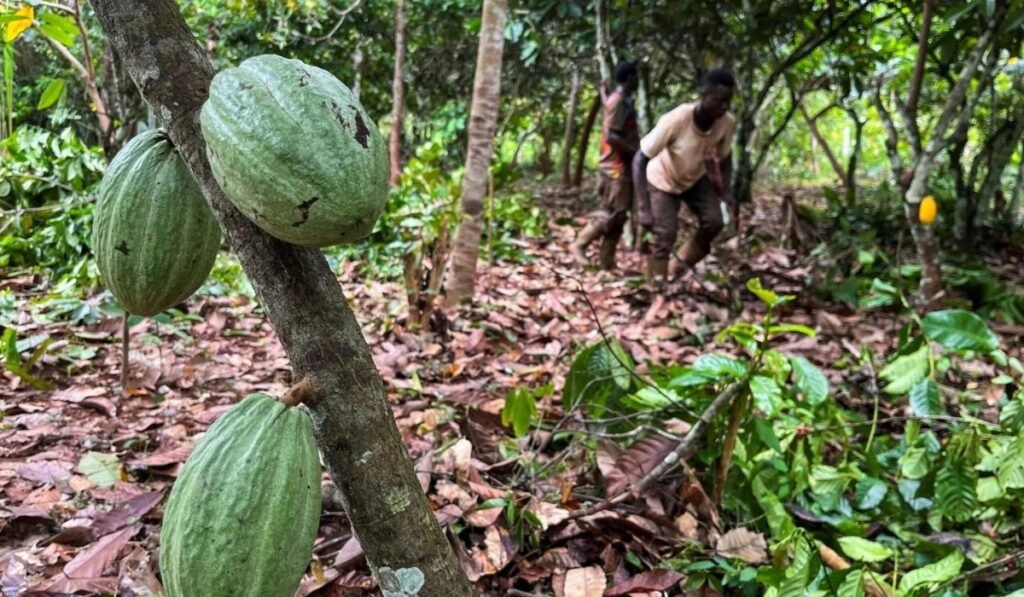The African cocoa industry faces a severe crisis as cocoa plants run out of beans, exacerbating the global chocolate shortage. This alarming development highlights the vulnerability of cocoa production in Africa, which is a major supplier to the world’s chocolate market. The African cocoa crisis is multifaceted, stemming from a combination of factors including climate change, disease outbreaks, and socioeconomic challenges.
The African cocoa crisis has intensified in recent years due to various factors. Consequently, cocoa plants are struggling to produce an adequate supply of beans. This has led to significant disruptions in the chocolate supply chain, sparking concerns about price hikes and shortages. Additionally, cocoa farmers in Africa are grappling with the impact of climate change. Erratic weather patterns and reduced crop yields are becoming more common. Furthermore, the spread of diseases such as cocoa swollen shoot virus and black pod disease has further compounded the challenges faced by cocoa producers in Africa.
As the crisis deepens, stakeholders across the chocolate industry must come together to find sustainable solutions. Furthermore, this crisis not only threatens the livelihoods of cocoa farmers but also jeopardizes the availability of one of the world’s most beloved treats. Collaboration between governments, NGOs, and chocolate companies is essential to address the root causes of the crisis and implement measures to support cocoa farmers. Additionally, consumers can play a role by supporting ethically sourced chocolate and advocating for fair trade practices. Ultimately, by working together, we can mitigate the impact of the crisis and ensure the future sustainability of the chocolate industry.
read more
image source








